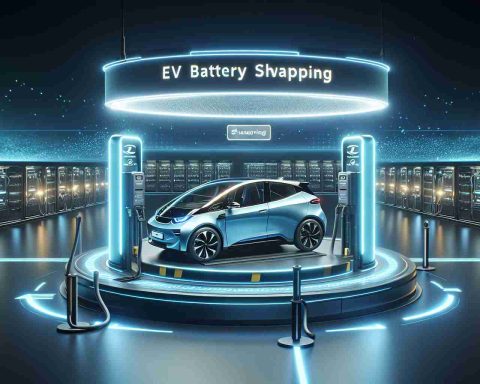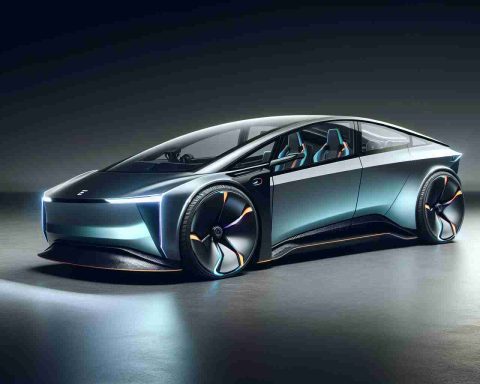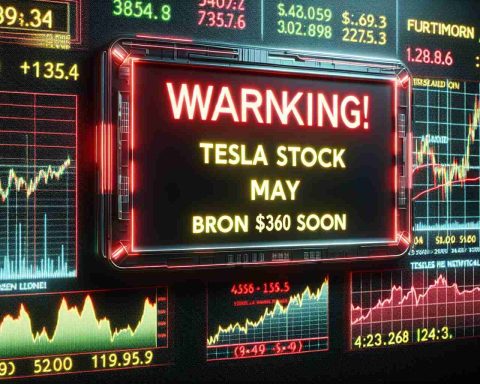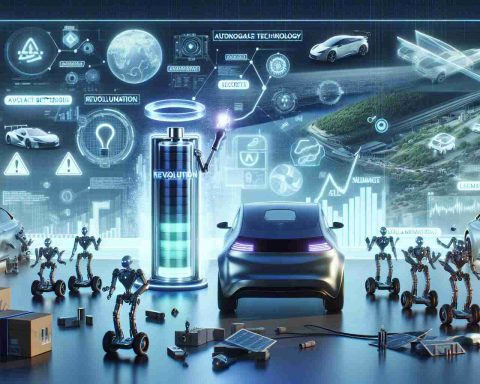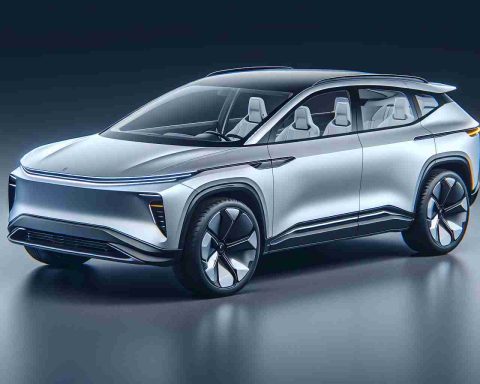Tesla is making headlines as it joins a coalition of automakers taking legal action against the European Union over tariffs imposed on electric vehicles produced in China. This lawsuit includes major companies like BYD, SAIC, and Geely, and it signals a significant shift in the automotive landscape.
The EU recently introduced a set of duties on Chinese-made electric vehicles, with Tesla facing the lowest tariff of 8 percent. In contrast, other companies, such as SAIC, are grappling with a staggering 35 percent duty. This disparity has sparked outrage among manufacturers, leading to the collective legal challenge in an effort to contest these tariffs.
The European Commission’s investigation, spanning a year, alleges that the Chinese government heavily subsidized its electric vehicle sector, allowing it to dominate the global market. This stance is markedly more assertive than that of the U.S. and Canada, which have enforced even stricter 100 percent tariffs on similar vehicles.
The Commission’s trade spokesperson communicated a readiness to face the impending lawsuit, emphasizing the EU’s commitment to its trade regulations. The ultimate goal of this legal battle is to overturn the recently imposed tariffs, thereby offsetting the financial impact suffered by automakers.
Additionally, the China Chamber of Commerce for the Import and Export of Machinery and Electronics has also registered a lawsuit related to these tariffs, further highlighting the escalating tensions in the industry. As this situation unfolds, the future of electric vehicle sales in Europe remains uncertain.
Global Automotive Dynamics and Economic Implications
The legal challenge posed by Tesla and its coalition against the European Union is not just a pivotal moment for the automotive industry; it reverberates through society and the global economy, potentially redefining trade relationships and market dynamics. As electric vehicles (EVs) gain traction as an environmentally friendly alternative, the battle over tariffs emphasizes a growing geopolitical tension. The EU’s tariffs are poised to affect consumer prices and access to diverse EV models, which could deter the transition towards more sustainable transportation options across Europe.
In the broader context, such tariffs highlight the risks associated with protectionist policies. Countries might find themselves isolating their markets, ultimately slowing technological advancements and increasing costs for consumers. The implications extend beyond immediate economic interests; they become a matter of global trade ethics and environmental policy. As nations grapple with climate change, such protective measures could stall broader efforts to encourage EV adoption and diminish their long-term sustainability goals.
Moreover, the environmental impact of this dispute cannot be overlooked. If access to affordable electric vehicles is hindered, it could slow the pace at which nations can reduce their carbon footprints. As the demand for cleaner energy solutions rises, the outcome of this legal confrontation may set precedents for future international trade negotiations involving green technologies, leading to a fundamental reevaluation of how modern economies align themselves with environmental objectives. These developments will be crucial as we traverse deeper into the 21st century, where the intersection of technology, environment, and global commerce will increasingly dictate societal wellbeing.
Electric Vehicle Tariff Wars: Tesla and Automakers Challenge EU’s Costly Duties
Tesla and Allied Automakers Take Legal Action Against EU Tariffs
Tesla, alongside a coalition of notable automakers such as BYD, SAIC, and Geely, has initiated a lawsuit against the European Union (EU) concerning recently imposed tariffs on electric vehicles (EVs) manufactured in China. This legal move is a pivotal moment in the rapidly evolving automotive industry, reflecting a strategic response to economic policies that impact international trade and competition.
Understanding the Tariff Landscape
The EU’s new tariffs impose an 8 percent duty on Tesla’s vehicles, which is the lowest among the automakers involved. In stark contrast, SAIC faces a hefty 35 percent tariff, creating significant competitive disadvantages. This disparity has ignited a wave of discontent among manufacturers, as they band together to challenge what they perceive as unfair trade practices.
The European Commission’s year-long investigation alleges that substantial government subsidies from China have allowed its EV sector to outperform European counterparts. By imposing these tariffs, the EU aims to level the playing field, yet this approach has proven controversial and may have far-reaching consequences for market dynamics.
Key Insights and Implications
1. Market Reactions: As global leaders scrutinize China’s rapid ascent in the EV market, this lawsuit could provoke further tensions in trade relations. Automakers are concerned that prolonged tariffs may hinder their competitiveness in Europe, potentially leading to increased vehicle prices and reduced consumer choice.
2. Legal Precedents: Should the lawsuit result in a favorable ruling for Tesla and its partners, it could set a legal precedent that challenges the EU’s approach to trade tariffs and subsidy regulations, impacting future trade negotiations and agreements.
3. Industry Innovations: The increasing tension over tariffs could spur manufacturers to expedite innovations in EV technology and local production efforts in Europe to circumvent tariffs.
Pros and Cons of EU Tariffs on EVs
# Pros:
– Aimed at protecting local automobile manufacturers from foreign competition.
– Encourages local production and investment in EV technology within the EU.
– Potentially leads to more stringent standards for vehicle quality and safety.
# Cons:
– Higher costs for consumers due to increased vehicle prices from tariffs.
– Possibility of retaliatory tariffs from China, affecting other European goods.
– Risk of reduced competition leading to stagnation in innovation and technology advancement in the automotive sector.
Future Trends in Electric Vehicle Legislation
As the lawsuit unfolds, several trends are likely to shape the EV landscape:
– Regulatory Changes: Continuous adjustments in trade policies may emerge, with a focus on balancing fairness for local manufacturers and the accessibility of affordable EV options for consumers.
– Increased Collaboration: Automakers may seek closer collaborations to share resources and technology to combat market challenges posed by tariffs.
– Sustainability Focus: Pressure to produce domestically and sustainably may result in heightened investments in green technologies and local manufacturing facilities.
The situation surrounding EU tariffs on Chinese electric vehicles is developing, with significant implications for international trade, consumer prices, and the environmental future of automotive technology. As automakers prepare for a complex legal battle, the coming months will be crucial in shaping the trajectory of the electric vehicle market in Europe and beyond.
For more information on Tesla and developments in the electric vehicle industry, visit the [Tesla website](https://www.tesla.com).


